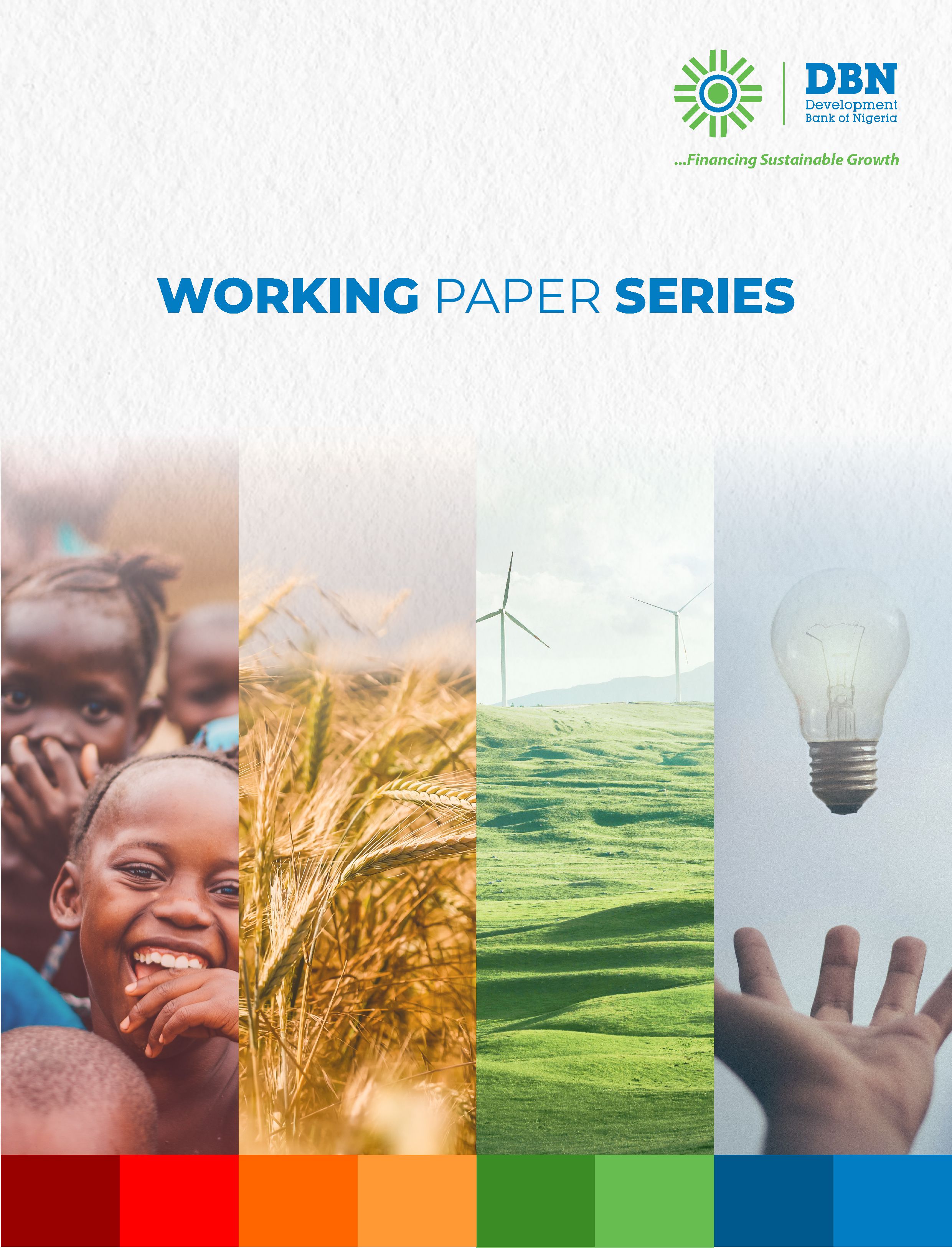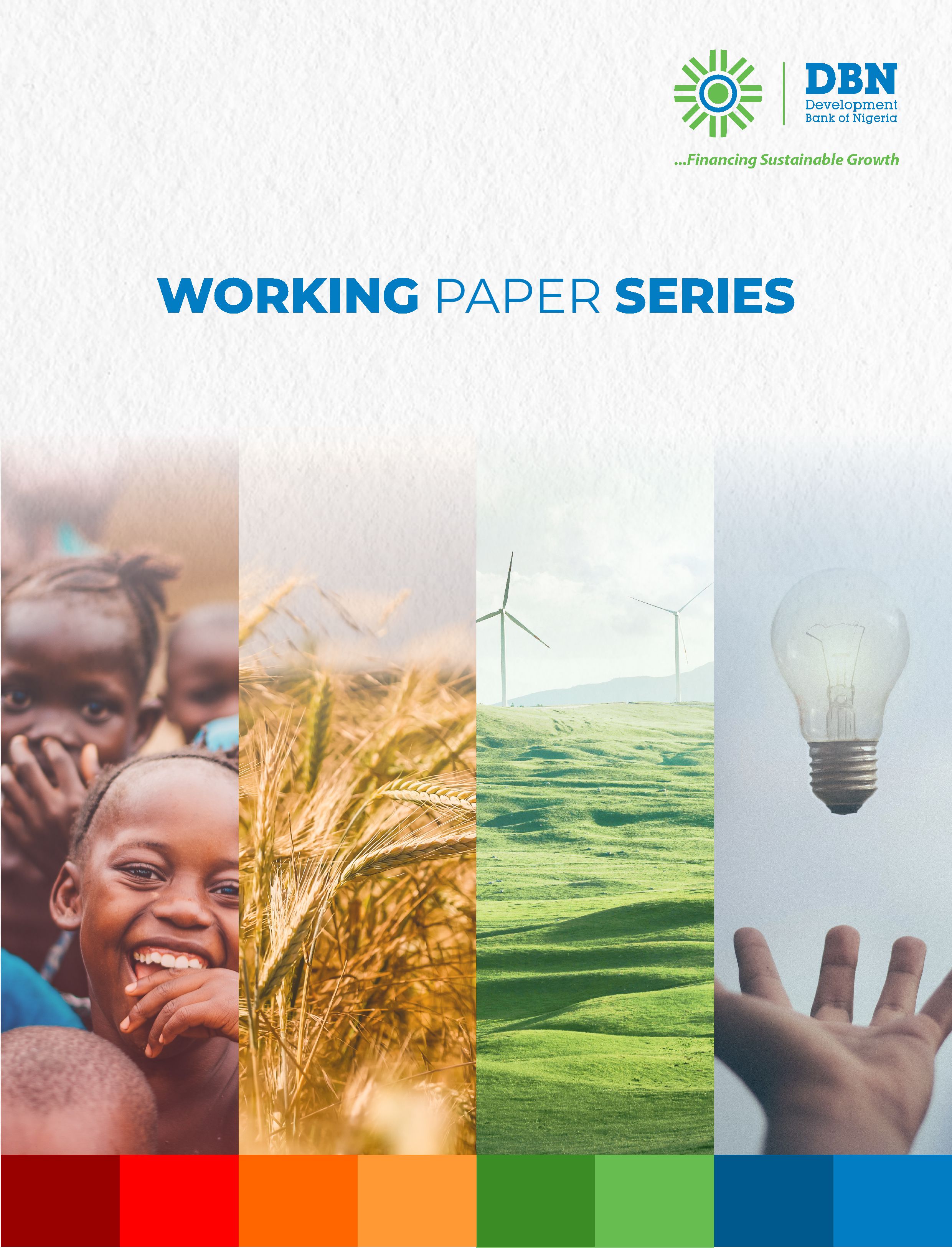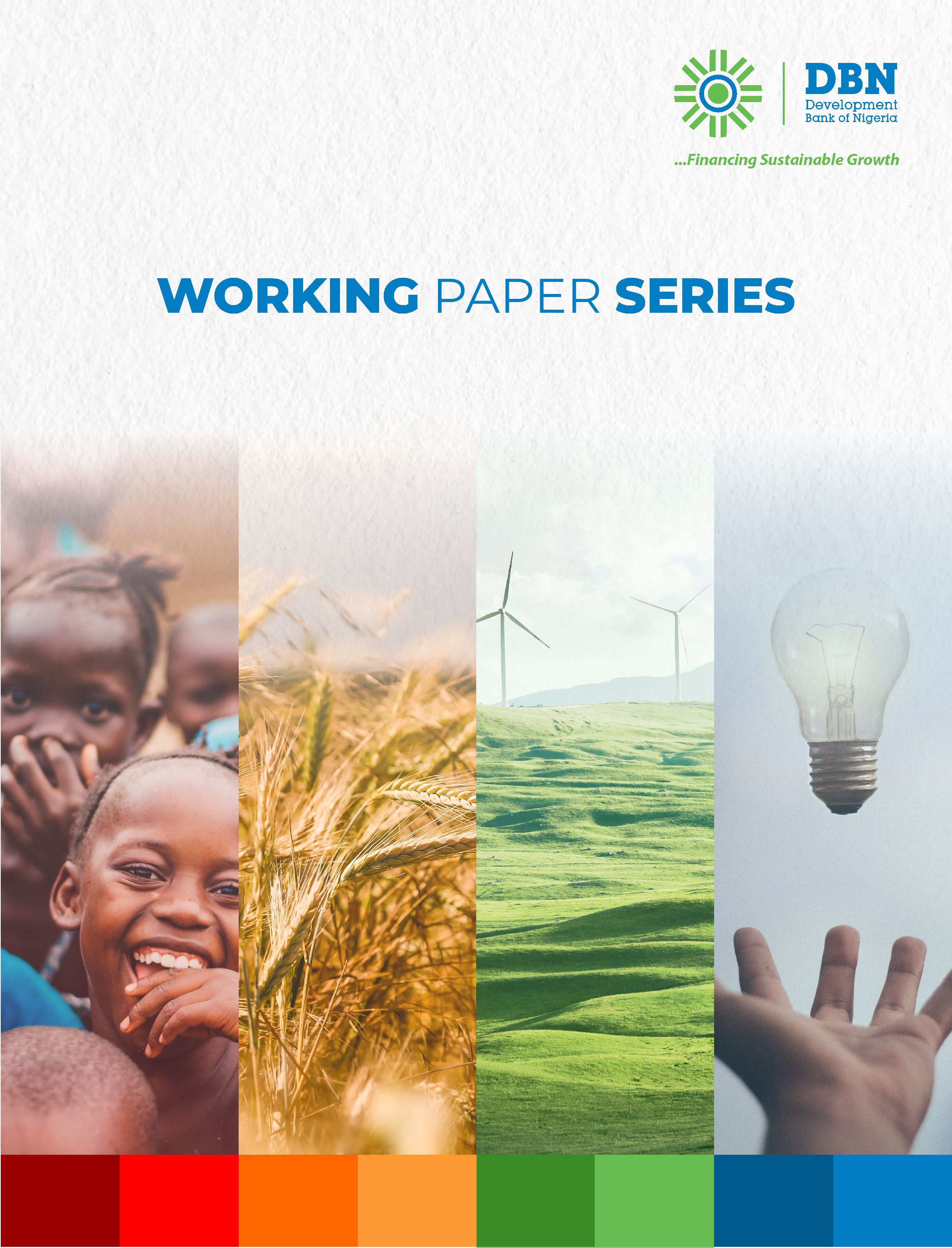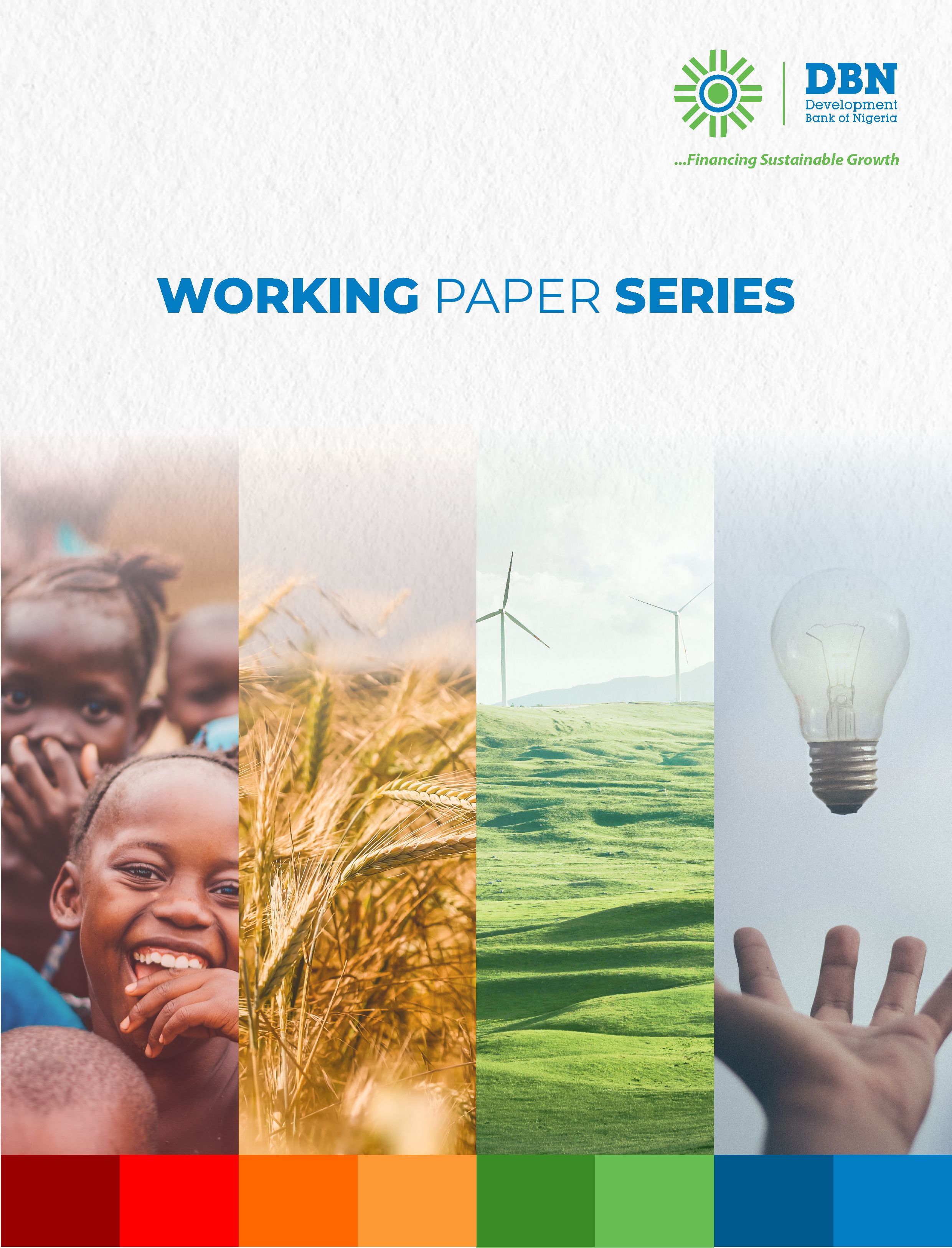
Publication Information
Published by: Admin
Published: 1 year ago
View: 268
Pages: 26
ISBN:
Abstract
This study assesses nexuses between mobile money innovations and health performance in terms of total life expectancy in 43 countries in Sub-Saharan Africa employing data for the period 2004-2018. Four mobile money innovation dynamics are proxied with registered mobile money agents and active mobile money agents. The empirical evidence is based on quantile regressions. The findings overwhelmingly show that mobile money innovations are relevant in improving health performance or total life expectancy exclusively in bottom quantiles of the conditional distribution of total life expectancy. In other words, countries with below-median levels of total life expectancy are more susceptible to benefit from mobile money innovations compared to countries with above-median levels of total life expectancy. It follows that common or general policy measures on the linkage between mobile money innovations and health performance are unlikely to succeed unless attendant policies are contingent on initial levels of health performance and hence, tailored differently across countries with various initial levels of health performance. More policy implications are discussed.
Simplice A. Asongu Prof
Joseph Nnanna Prof
Yolande E. Ngoungou
Related Publications

VOLUME 7 ISSUE 2 2024
Female unemployment and the procedure that a woman has to go through to start a business: microfinance policy thresholds

VOLUME 7 ISSUE 2 2024
Sustainable urbanization and vulnerability to climate change in Africa: Accounting for digitalization and institutional quality

VOLUME 7 ISSUE 2 2024
Foreign direct investment and Renewable energy development in sub-Saharan Africa: Does governance quality matter?
